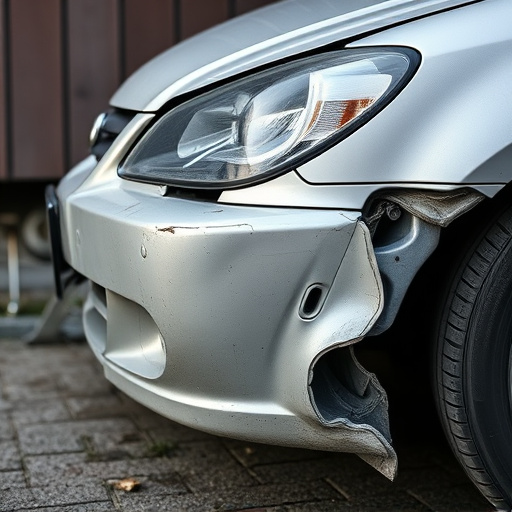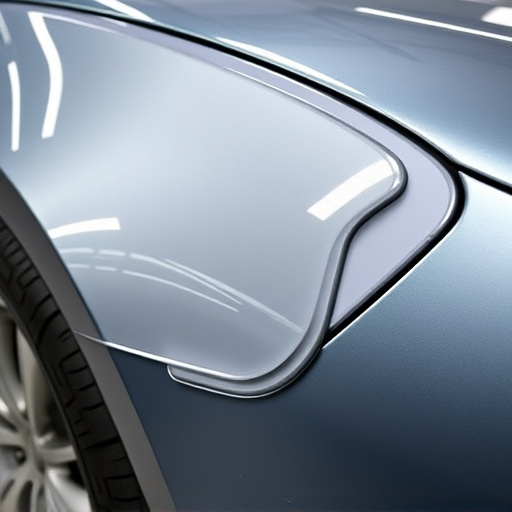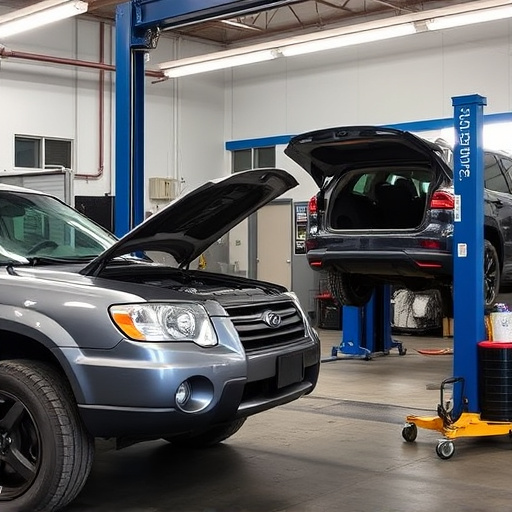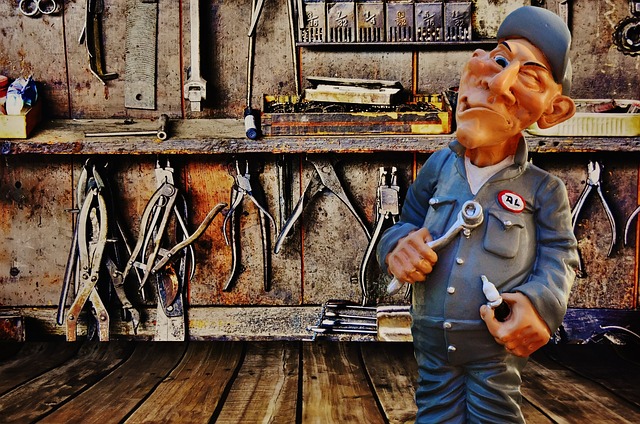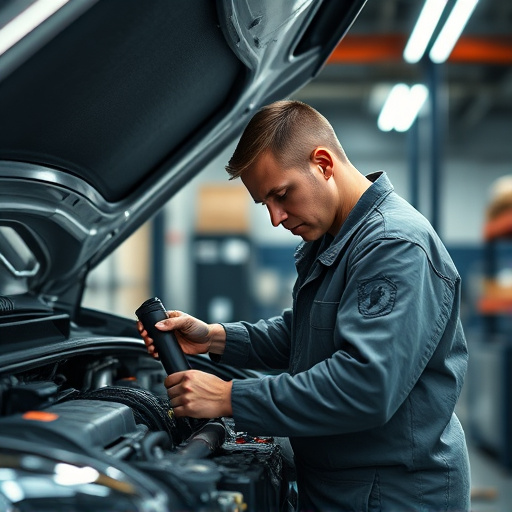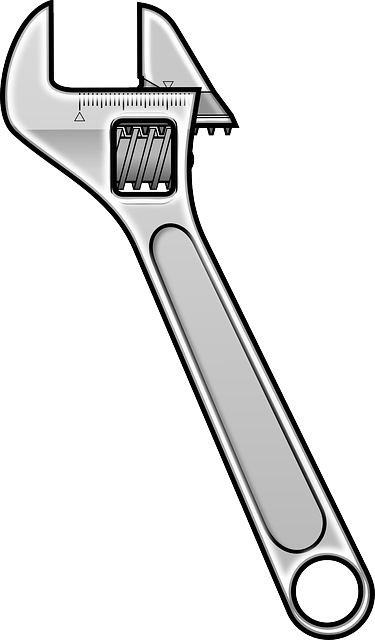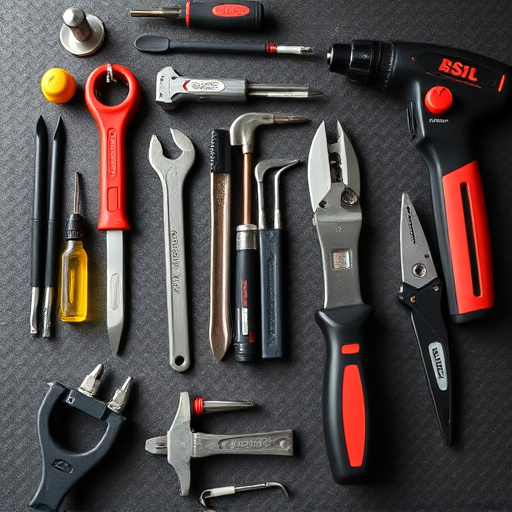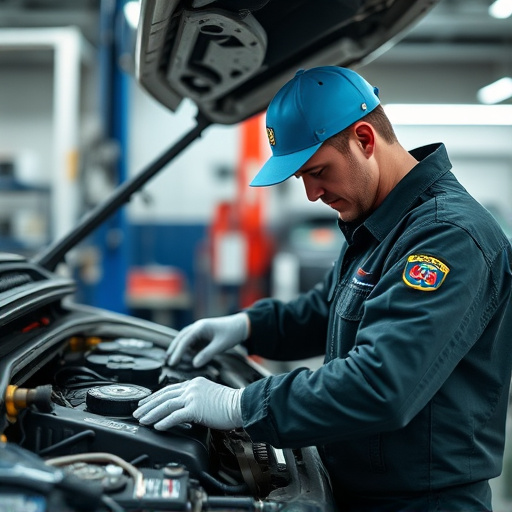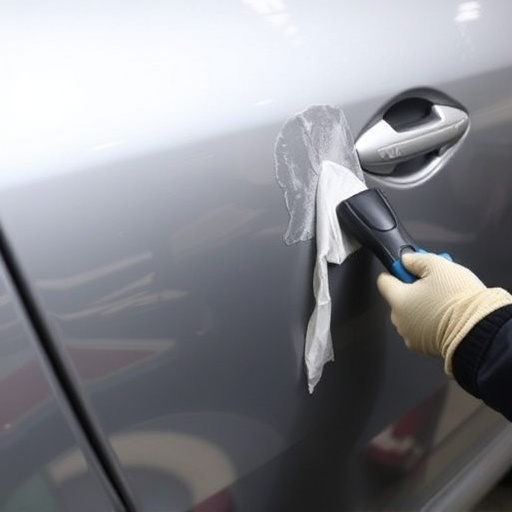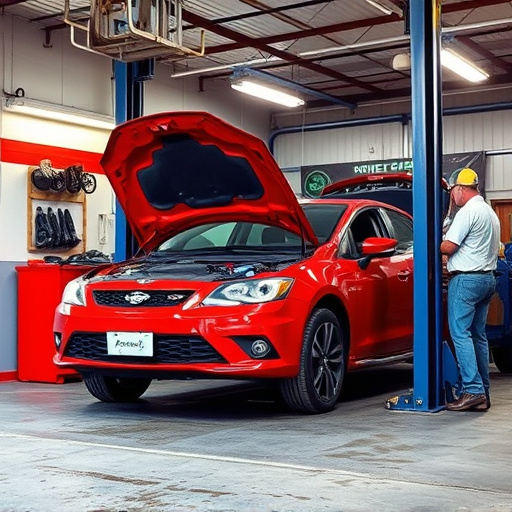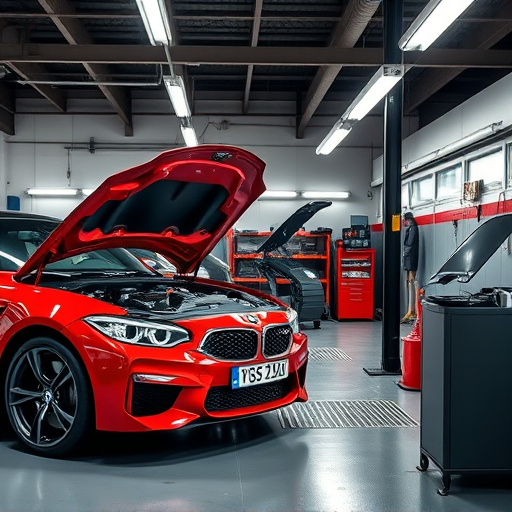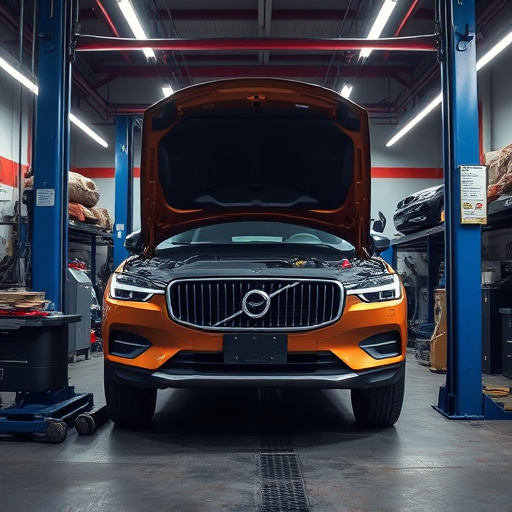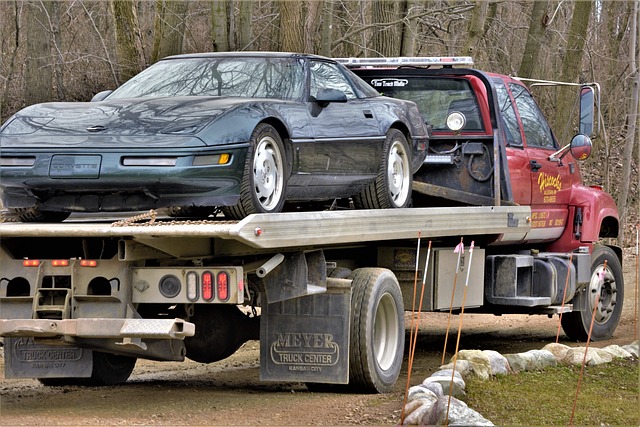Exceptional collision repair customer service builds strong client relationships and loyalty in a competitive market by offering prompt communication, transparent pricing, quick turnaround times, and skilled technicians. Post-repair interaction through checks, feedback requests, and additional services demonstrates care. Personalized engagement encourages repeat business. Transparent updates during repairs build trust and partnership, fostering long-term client loyalty and positive word-of-mouth recommendations.
Collision repair customer service is a key differentiator in an intensely competitive market. Effective collision repair shops go beyond fixing cars, fostering deep customer loyalty through exceptional interactions throughout the entire process. This article explores the essential elements of collision repair customer service, from understanding client needs to building long-term relationships through transparent communication. Discover proven strategies to elevate your post-repair engagement and cultivate a loyal customer base.
- Understanding Collision Repair Customer Service Essential Needs
- Strategies to Enhance Post-Repair Interaction and Engagement
- Building Long-Term Loyalty Through Transparent Communication
Understanding Collision Repair Customer Service Essential Needs
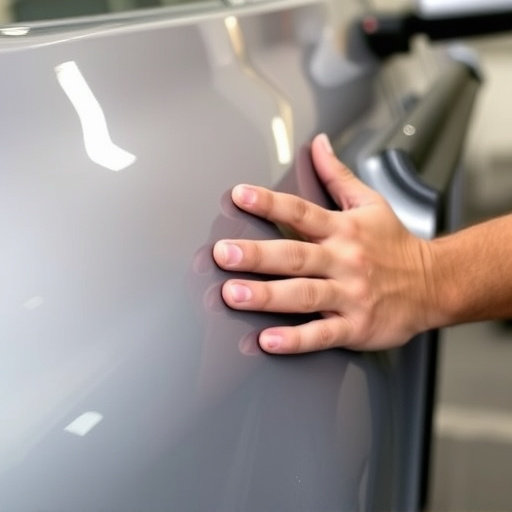
Collision repair customer service is paramount to fostering strong relationships with clients and ensuring their continued loyalty. To truly understand this essential aspect, businesses must delve into the unique needs and expectations of collision repair customers. In today’s competitive market, where folks have countless options, exceptional service can set a body shop apart.
Effective collision repair customer service goes beyond fixing vehicles; it involves addressing the entire experience. This includes prompt communication, transparent pricing, efficient turnaround times, and skilled technicians who excel in automotive body work, paintless dent repair, and auto glass repair. Meeting these essential needs leaves a positive impression, encouraging customers to return for future repairs and recommend the business to others.
Strategies to Enhance Post-Repair Interaction and Engagement
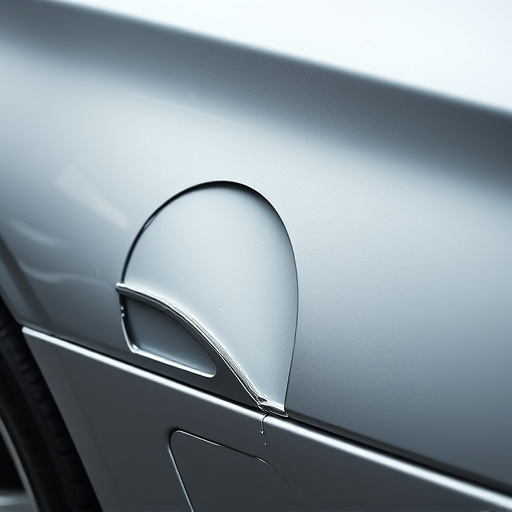
After a vehicle undergoes collision repair, the interaction between the auto shop and the customer becomes critical in fostering loyalty. A simple act of checking in post-repair can leave a lasting impression. Text messages or emails asking for feedback not only show care but also provide an opportunity to address any concerns. Offering additional services like detailing or free follow-up inspections can enhance the customer experience, making them feel valued and appreciated.
Personalized engagement is another powerful strategy. Remembering a client’s preferences from previous visits creates a friendly atmosphere. For instance, if a Mercedes-Benz collision repair shop knows that a client appreciates hand-delivered receipts, they might choose to do so for every service. This level of detail showcases the commitment to providing exceptional collision repair customer service, encouraging clients to return and recommend automotive repair services to others.
Building Long-Term Loyalty Through Transparent Communication

In today’s competitive market, collision repair customer service plays a pivotal role in fostering long-term loyalty among clients. Transparency is key to this strategy. When customers receive clear, detailed updates throughout the auto body repairs or frame straightening process, they develop trust and confidence in the shop’s capabilities. This level of communication goes beyond simply informing them about the status of their vehicle; it involves explaining each step, the reasons behind it, and providing realistic timelines.
By keeping customers informed every step of the way, collision repair facilities create a sense of partnership. Customers feel valued and understood, recognizing that the shop is committed to delivering high-quality autobody repairs while adhering to their schedule. This transparent communication not only strengthens customer relationships but also serves as a powerful marketing tool, encouraging satisfied clients to return for future auto maintenance needs and recommend the facility to others.
Collision repair customer service goes beyond fixing cars; it’s about fostering relationships and creating loyal customers. By understanding essential needs, implementing strategies that enhance post-repair interaction, and prioritizing transparent communication, collision centers can build a dedicated client base. These practices not only drive business growth but also ensure satisfied customers who will continue to choose your services time and again.
